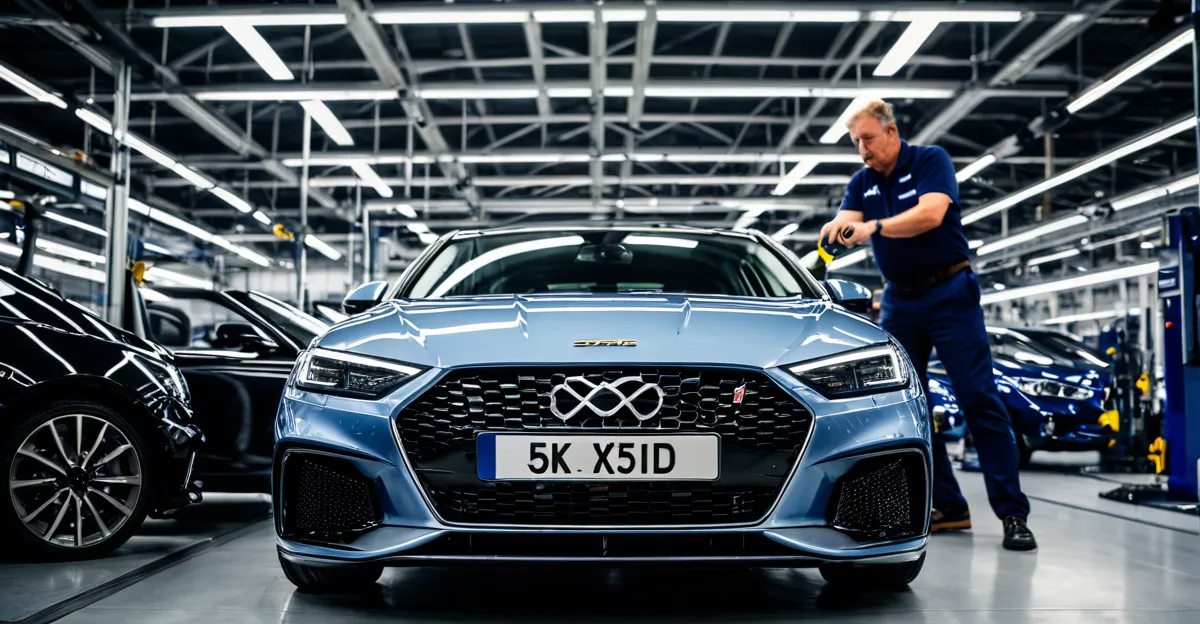Immediate impacts of Brexit on UK automotive manufacturing
Brexit automotive manufacturing has seen notable shifts in production since the UK’s departure from the EU. Vehicle output in the UK car industry after Brexit initially experienced a decline due to uncertainty and disrupted supply chains. Post-Brexit automotive production faced challenges such as delays in parts delivery and increased costs, which impacted both domestic and international manufacturers operating in the UK.
Manufacturers who relied on just-in-time inventory systems had to adjust quickly to new border checks and customs formalities, leading to slower assembly lines and reduced output. Several global carmakers reconsidered their investment plans or altered production locations due to these immediate impacts. Despite these hurdles, some manufacturers adapted by increasing local sourcing and streamlining logistics to mitigate disruptions.
Topic to read : How is the UK automotive industry adapting to supply chain disruptions?
The immediate aftermath of Brexit highlighted vulnerabilities in the UK automotive industry but also prompted a focus on resilience and supply chain agility. Understanding these production changes helps frame the ongoing evolution of the industry and its capacity to rebound in a more independent trading environment.
Trade disruptions and export/import dynamics
Brexit automotive trade has been significantly affected by new tariffs, customs checks, and administrative hurdles. UK-EU car exports faced delays due to increased paperwork and border inspections, causing export volumes to fluctuate unpredictably. For instance, the introduction of customs declarations placed an extra burden on exporters, slowing down shipments and increasing costs. Post-Brexit automotive production found that altered trade dynamics forced companies to reconsider supplier relationships and market strategies.
Also to discover : What is the future of public transportation in the UK automotive landscape?
Customs processes now demand more rigorous compliance, which has extended transit times and inflated logistical expenses. These challenges affected not only exports but also imports of crucial components, creating bottlenecks. International manufacturers operating in the UK had to navigate complex trade barriers, hindering smooth cross-border operations. Companies relying heavily on seamless UK-EU trade flows confronted operational adjustments, highlighting the need for robust contingency plans.
Ultimately, Brexit automotive trade disruption underscores the importance of strategic adaptability for firms in the UK car industry after Brexit. While customs and trade barriers continue to impose challenges, they also prompt manufacturers to explore diversification of markets and optimize supply chains to sustain growth despite these constraints.






